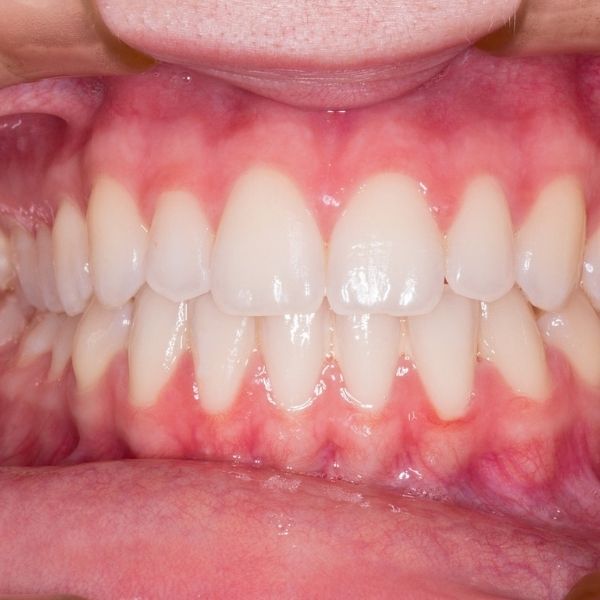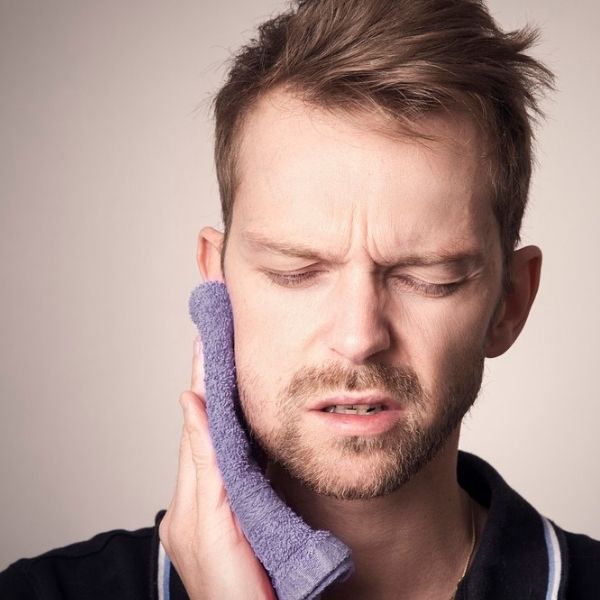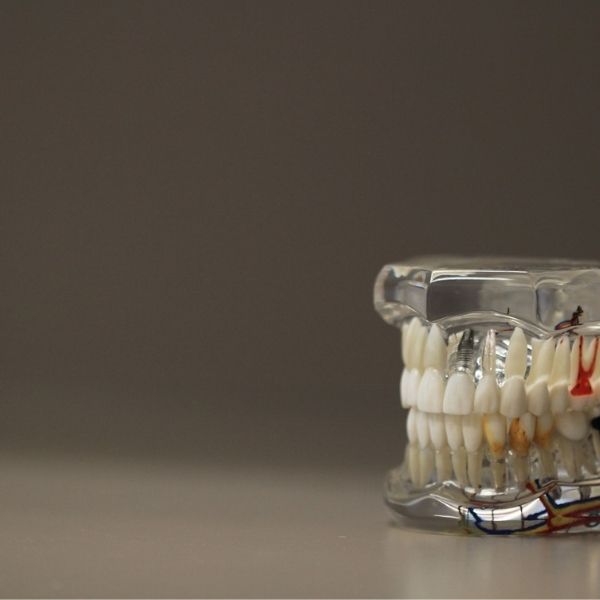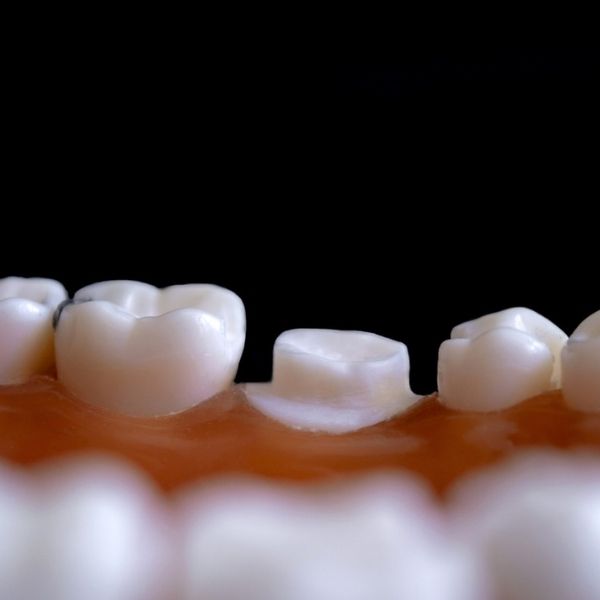Dental care for elderly individuals is crucial for maintaining their overall health and well-being. As we age, our oral health needs change, making it essential to adapt dental care practices accordingly. Understanding how to provide proper dental care for elderly patients can help prevent dental issues and promote a healthier lifestyle. This guide outlines the key aspects of effective dental care for elderly individuals.
1. The Importance of Regular Dental Checkups
Regular dental checkups are a cornerstone of effective dental care for elderly patients. Routine visits to the dentist help identify potential problems before they become severe. Many seniors deal with chronic health conditions, such as diabetes and heart disease, which can complicate dental issues. Regular examinations enable early detection of cavities, gum disease, and even oral cancer.
Elderly individuals should aim to visit their dentist at least twice a year. During these appointments, dental professionals can assess oral health, provide cleanings, and recommend treatments as needed. This proactive approach to dental care for elderly individuals can significantly improve their quality of life.
2. Proper Oral Hygiene Practices
Good oral hygiene is essential in any age group, but it becomes increasingly important in dental care for elderly patients. Here are some key oral hygiene practices to follow:
- Brushing: Seniors should brush their teeth at least twice a day using a soft-bristled toothbrush and fluoride toothpaste. For those with limited dexterity, electric toothbrushes can be more effective in achieving a thorough clean with less effort.
- Flossing: Daily flossing is essential for removing plaque and food particles between the teeth and along the gumline. If traditional flossing proves difficult, seniors may benefit from using floss picks or interdental brushes designed for easier handling.
- Mouthwash: Using an antimicrobial or fluoride mouthwash can help reduce plaque buildup and protect against cavities. Seniors should consult their dentist for specific recommendations based on their needs.
3. Addressing Dry Mouth Issues
Dry mouth, or xerostomia, is a common concern in dental care for elderly patients, often resulting from medications or underlying health conditions. It can lead to difficulties in chewing, swallowing, and speaking, as well as an increased risk of cavities and gum disease.
To alleviate dry mouth, elderly individuals can:
- Stay Hydrated: Drinking plenty of water throughout the day helps maintain moisture levels in the mouth.
- Use Saliva Substitutes: Over-the-counter saliva substitutes or mouth rinses formulated for dry mouth can provide relief and comfort.
- Chew Sugar-Free Gum: Chewing sugar-free gum or sucking on sugar-free candies can stimulate saliva production, helping to combat dry mouth.
4. Diet and Nutrition Considerations
A balanced diet plays a vital role in oral health, particularly in dental care for elderly individuals. Seniors should focus on consuming nutrient-rich foods to maintain healthy teeth and gums. Here are some dietary recommendations:
- Calcium-Rich Foods: Foods such as dairy products, leafy greens, and fortified alternatives help maintain bone health and support the structure of teeth.
- Vitamin D: Essential for calcium absorption, vitamin D can be obtained through sunlight exposure, fortified foods, and supplements.
- Limit Sugary Foods: Reducing sugar intake can help prevent cavities and gum disease, which are particularly concerning in older adults.
- Avoid Hard Foods: Soft foods can help prevent damage to weakened teeth and make chewing easier for seniors who may have dental issues.
5. Managing Dental Appliances
Many elderly individuals rely on dentures, bridges, or other dental appliances. Proper care and maintenance of these devices are essential components of dental care for elderly patients. Here are some tips for managing dental appliances:
- Cleaning: Dentures should be cleaned daily with a soft-bristled toothbrush and a non-abrasive cleaner. Soaking dentures in a denture cleanser can help remove plaque and stains.
- Regular Adjustments: Seniors should have regular checkups to ensure their dentures or dental appliances fit properly. Ill-fitting appliances can cause discomfort and lead to further oral health problems.
- Nighttime Removal: If advised, seniors should remove their dentures at night to allow their gums to rest and recover.
6. Recognizing Changes in Oral Health
Vigilance is key in dental care for elderly individuals. They should be attentive to any changes in their oral health. Common signs to watch for include:
- Persistent Pain or Discomfort: Ongoing pain in the mouth can indicate cavities, gum disease, or other issues that need immediate attention.
- Swollen or Bleeding Gums: These symptoms can signify gum disease and should be addressed promptly by a dental professional.
- Difficulty Eating: Any trouble with chewing or swallowing can indicate underlying dental problems that require evaluation.
- Unusual Growths or Sores: Any unexplained growths or sores in the mouth should be examined by a dentist, as they may indicate serious conditions.
7. Involving Caregivers and Family Members
For many elderly individuals, involving caregivers or family members can enhance dental care for elderly patients. Caregivers can assist with daily dental hygiene routines, ensure that seniors have access to dental appointments, and monitor any changes in their oral health.
Encouraging open communication about the importance of oral health can motivate seniors to prioritize their dental care and seek assistance when needed. Creating a supportive environment where dental health is emphasized is crucial for elderly individuals.
8. Special Considerations for Chronic Conditions
Elderly individuals with chronic health conditions may require additional considerations in their dental care for elderly routines. For example:
- Diabetes: Seniors with diabetes need to manage their blood sugar levels carefully, as uncontrolled diabetes can increase the risk of gum disease and infections.
- Heart Disease: Those with heart disease should inform their dentist about their condition, as certain dental procedures may require premedication with antibiotics to prevent infections.
- Alzheimer’s and Dementia: Seniors with cognitive impairments may struggle with daily oral hygiene. Caregivers should assist them in maintaining their dental routines to ensure their oral health is preserved.
Promoting Healthy Smiles for Seniors
In conclusion, effective dental care for elderly individuals is essential for maintaining oral health and overall well-being. By prioritizing regular dental checkups, practicing good oral hygiene, managing dry mouth, and consuming a balanced diet, seniors can enjoy better oral health and improved quality of life. Recognizing changes in oral health and involving caregivers in the process can further enhance the effectiveness of dental care for elderly patients. With the right approach, seniors can maintain healthy and vibrant smiles well into their later years.





